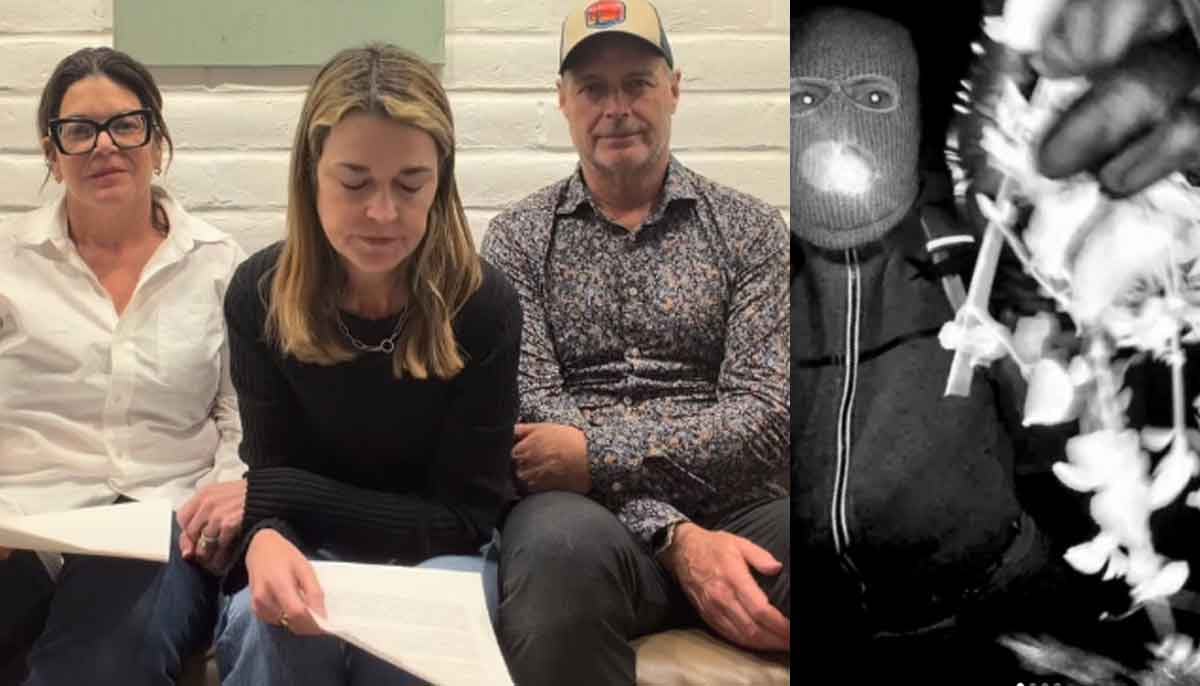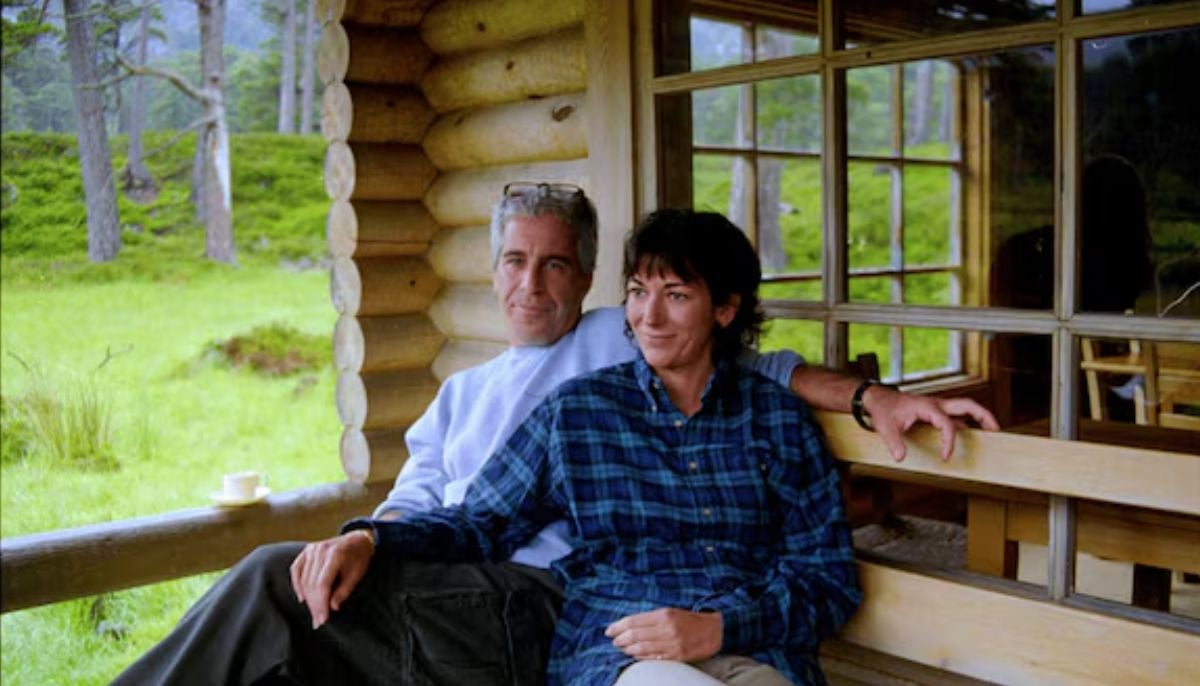Displaced Rohingya in camps face aid crisis after Myanmar violence
SITTWE, Myanmar: Around 120,000 displaced people - mostly Rohingya Muslims - in camps in Myanmar’s Rakhine state are not receiving food supplies or healthcare after the U.N. and aid groups suspended operations following government accusations of supporting insurgents.
Nearly 400 people have died in fighting in the far north of the state after militants attacked police posts and an army base a week ago, provoking a major army counteroffensive.
The impact from the conflict has now spread, including to the state capital Sittwe further south, where some 90,000 Rohingya have lived in camps since an outbreak of communal violence rocked the city in 2012, killing nearly 200 people.
A further 30,000 Rohingya are housed in camps elsewhere in the state, while a small number of ethnic Rakhine Buddhists displaced in the 2012 violence also live in separate camps.
“As a result of the disruption of activities in central Rakhine state, many people are currently not receiving their normal food assistance and primary healthcare services have been severely disrupted,” said Pierre Peron, a spokesman for the United Nations’ Office for the Coordination of Humanitarian Affairs (OCHA).
The U.N. and international aid groups had already evacuated all “non-critical” staff from the north of the state amid intensifying fighting and after the office of national leader Aung San Suu Kyi repeatedly published pictures of World Food Programme (WFP) energy biscuits allegedly found at an insurgent camp. Suu Kyi’s office also said it was investigating aid groups’ support for the insurgents in one incident.
Now contractors working for the WFP, a U.N. agency, have refused to carry food to the camps in Sittwe and elsewhere.
Staff with international aid groups who run clinics inside the large, densely populated camps have also been afraid to show up for work, leading to the closure of facilities, U.N. sources and aid workers told Reuters.
Local staff were afraid of being intimidated by Rakhine Buddhist hardliners, and some worried about being attacked by militants, the sources said.
Sanitation is also a major problem - contractors cleaning latrines in the camps have also refused to work and the latrines are overflowing in the monsoon rains, increasing the risk of cholera and other waterborne diseases, they said.
-
Minnesota man charged after $350m IRS tax scam exposed
-
Trump reached out to police chief investigating Epstein in 2006, records show
-
San Francisco 49ers player shot near post-Super Bowl party
-
Ransom deadline passes: FBI confirms ‘communication blackout’ in Nancy Guthrie abduction
-
Piers Morgan finally breaks silence on kidnapping of Savannah Guthrie's mother Nancy
-
Lenore Taylor resigns as Guardian Australia editor after decade-long tenure
-
Epstein case: Ghislaine Maxwell invokes Fifth, refuses to testify before US Congress
-
Savannah Guthrie receives massive support from Reese Witherspoon, Jennifer Garner after desperate plea











